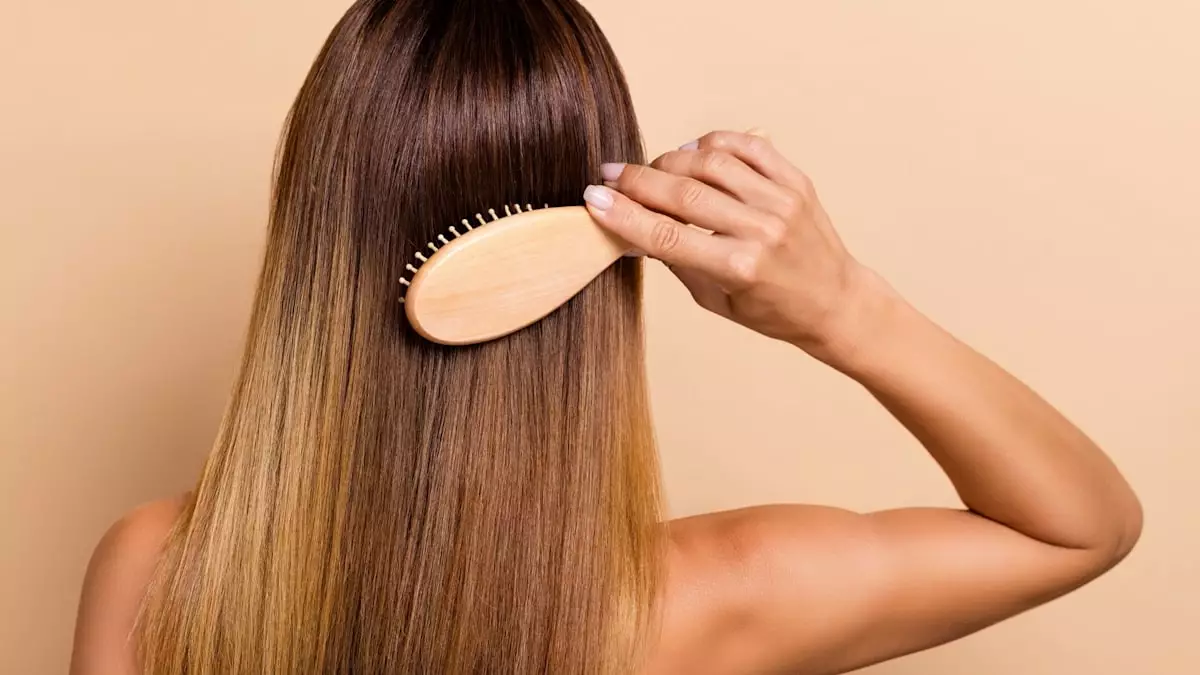One of the key factors in managing hair loss during menopause is understanding the impact of hormone levels on your body. Dr. Sophie Shotter emphasizes the importance of hormone testing to get an accurate picture of what’s happening. Oestrogen deficiency and possible androgen dominance are common culprits of hair loss during menopause. Thyroid hormones should also be included in the testing, as imbalances in these hormones can lead to hair thinning.
Deficiencies in key nutrients like Vitamin B12, Vitamin D, and iron can also contribute to hair loss. Addressing these deficiencies is crucial in supporting healthy hair growth. Without the right balance of these key substances, interventions for hair loss may not be effective. A balanced diet rich in a variety of plants, healthy fats, and proteins can provide the necessary building blocks for healthy hair growth. Supplementing with B6 and folic acid can further support hair growth.
High stress levels can exacerbate hormonal imbalances and increase hair loss. Dr. Sophie Shotter recommends incorporating stress-reducing activities such as yoga or meditation into your routine. By focusing on stress reduction, tangible improvements in hair health can be achieved. Finding activities that you enjoy and can consistently engage in is key to managing stress during menopause.
Regular exercise not only has benefits for muscle strength, bone health, and mental well-being during menopause but also helps to boost circulation in the scalp. Optimal levels of micronutrients and oxygen in the scalp are essential for healthy hair growth. Dr. Sophie Shotter suggests that exercise can play a significant role in promoting healthy hair growth.
Overuse of heat tools, such as hair straighteners, can lead to hair damage and breakage. It’s important to minimize heat exposure to your hair and invest in high-quality hair tools that cause less damage. Letting your hair dry naturally whenever possible and avoiding vigorous towel drying can help prevent hair breakage. Using products like heat protection sprays can further protect your hair from damage caused by heat styling tools.
In addition to external protection, nourishing your hair from within is essential for maintaining healthy hair during menopause. Dr. Sophie Shotter recommends products like Viviscal Professional, which contain key nutrients like Biotin and marine extracts proven to support hair growth. Products like K18 can also help to reinfuse protein into the hair shaft, promoting healthier and more nourished hair.
Overall, understanding the factors that contribute to hair loss during menopause and implementing strategies to manage these factors can make a significant difference in the health, texture, and volume of your hair. By addressing hormone imbalances, nutrient deficiencies, stress levels, exercise, and protection against damage, you can support healthy hair growth and maintain luscious locks during this transitional phase of life.

